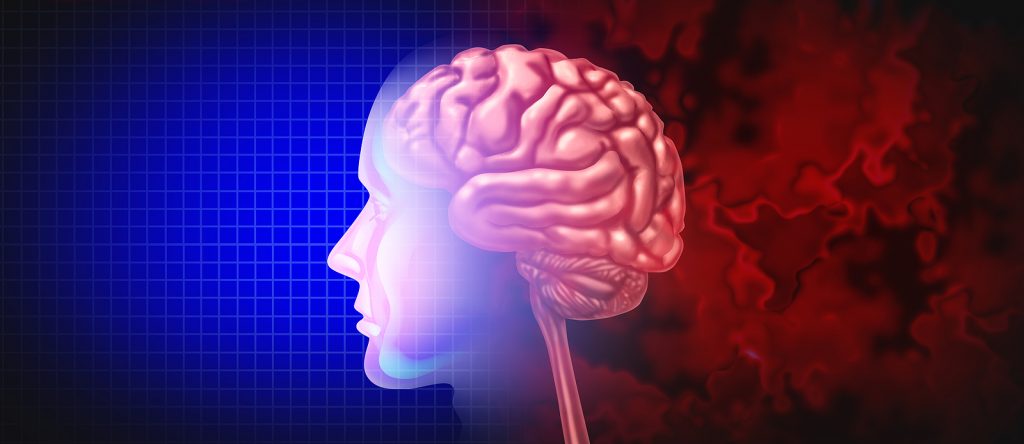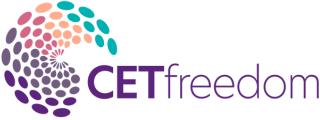
Chatbots are becoming increasingly popular as a tool for coaching and personal development. While they offer a convenient and accessible way to receive guidance and support, there is growing concerned about the potential risks to mental health and emotional well-being. In this article, we will explore the dark side of chatbot coaching and the potential harm that it can cause.
Dehumanizing Effect of Chatbot Coaching
One of the main concerns about chatbot coaching is the dehumanizing effect that it can have on individuals. Chatbots are programmed to provide scripted responses and cannot empathize or offer personalized guidance based on non-verbal cues. This lack of human interaction can lead to feelings of isolation and detachment, harming mental health and emotional well-being.
Studies have shown that human interaction is essential for psychological well-being and that individuals who lack social support are more likely to experience depression, anxiety, and other mental health issues. Chatbot coaching, which lacks the warmth and empathy of human interaction, may exacerbate these problems and contribute to feelings of loneliness and disconnection.
Risks of Over-Reliance on Chatbots
Another risk of chatbot coaching is over-reliance on technology, which can lead to a dependence on external validation and a lack of self-awareness. Chatbots are designed to provide positive feedback and encouragement, which can be addictive and reinforce the need for external validation. This can lead to a lack of self-awareness and a reliance on the chatbot for assurance and guidance.
More reliance on chatbots can also lead to a need for more critical thinking and decision-making skills, as individuals may defer to the chatbot for guidance rather than trusting their instincts and abilities. This can harm personal growth and development, as individuals may become less independent and unable to navigate life’s challenges independently.
Importance of Human Interaction in Coaching
While chatbots may offer a convenient and accessible way to receive coaching, it is essential to remember the value of human interaction in personal development. Human coaches can offer personalized guidance based on non-verbal cues and individual needs and provide warmth and empathy that chatbots cannot match.
Additionally, human coaches can offer support and validation in a way that encourages individuals to develop their self-awareness and critical thinking skills. This can be invaluable for personal growth and development as individuals learn to trust their abilities and navigate life’s challenges with confidence and resilience.
Balancing Technology and Human Interaction
To mitigate the risks of chatbot coaching, finding a balance between technology and human interaction is essential. This can be achieved by incorporating chatbots and human coaching into personal development plans. Chatbots can offer convenience and accessibility, while human coaches can provide personalized guidance and emotional support.
Another way to balance technology and human interaction is to use chatbots to complement human coaching rather than a replacement. Chatbots can provide ongoing support and encouragement between coaching sessions, while human coaches can offer more in-depth guidance and support during one-on-one sessions.
Ultimately, finding the right balance between technology and human interaction will depend on individual needs and preferences. By taking a thoughtful and balanced approach to personal development, individuals can reap the benefits of both chatbot and human coaching while minimizing the potential risks to mental health and emotional well-being.
Future of Chatbot Coaching
While chatbot coaching is still relatively new, it will likely become increasingly popular in the years ahead. Chatbots may become even more sophisticated as technology advances, offering personalized guidance and support.
However, as chatbot coaching becomes more prevalent, It is essential to know the potential hazards and to take precautions to reduce them. Using chatbots to complement human coaching and find a balance between technology and human interaction, we can create a coaching experience supporting personal growth and development while promoting mental health and emotional well-being.
Taking Steps to Protect Mental Health and Emotional Well-being
To protect mental health and emotional well-being when using chatbot coaching, it is essential to take proactive steps to mitigate potential risks. One practical approach is to set boundaries for chatbot interactions, such as limiting the time spent interacting with chatbots and avoiding relying solely on chatbots for support.
It is also essential to prioritize human interaction and seek personal connections and emotional support opportunities. This can include joining support groups, seeking human coaching, or simply spending time with loved ones.
Additionally, individuals can maintain a positive mindset and emotional resilience by practicing self-care, engaging in activities that promote well-being, and developing healthy coping mechanisms for stress and anxiety.
By taking proactive steps to protect mental health and emotional well-being, individuals can continue to reap the benefits of chatbot coaching while minimizing the potential risks. Ultimately, the key to successful chatbot coaching lies in balancing technology and human interaction and prioritizing personal growth and development healthily and sustainably.
Conclusion:
While chatbot coaching may offer convenience and accessibility, knowing the potential risks to mental health and emotional well-being is essential. The dehumanizing effect of chatbots, the dangers of over-reliance, and the importance of human interaction in coaching all point to the need for a balanced and thoughtful approach to personal development. By combining the benefits of technology with the warmth and empathy of human interaction, we can create a coaching experience that supports personal growth and development while promoting mental health and emotional well-being.






